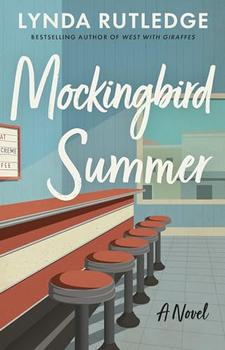The railroad tracks were an important part of the story. Northside vs. Southside. The tracks were the dividing line between Whites and Blacks. They were the dividing line in the town because whites and blacks did not live side by side. Whites rarely crossed over to the southside, but black people were allowed to enter the northside to do their business or if they held jobs, which were often to work for white people. Another dividing line were the churches and schools.
Another change that was taking place in society during the 1960's, was the role of women. Women were realizing that taking care of home and family was not enough to fill their needs. Women wanted to do more outside the realm of their homes and needed to feel like they were contributing to society.
Some universally true aspect of childhood in the 1960's were 1) you respected your parents and did as you were told. The family was the nuclear setting in society. 2) Parents did not talk about certain things. Ex. they did not discuss parental business in front of or with their children. It was private between themselves. 3) Children had to figures somethings out for themselves and some topics, such as rape, were not openly discussed.
Parts of the book did remind me of my own childhood. I played on a girls' softball team. The characters in the book on both teams reminded me of the team I played on as well as the other teams. Going for ice cream after a winning game was a real treat. I didn't grow up Baptist or Methodist, but the church did play an important role in my life growing up. My family attended church every Sunday without exception and the priests knew our family.
I remember the freedom I felt at 13 and riding my bike all over the neighborhood. Not a worry in the world. And I remember when the first black family moved into our neighborhood and attended our school. I wanted so much to meet the new girl and get to know her. And she was very athletic and later in High School she became a track star.



